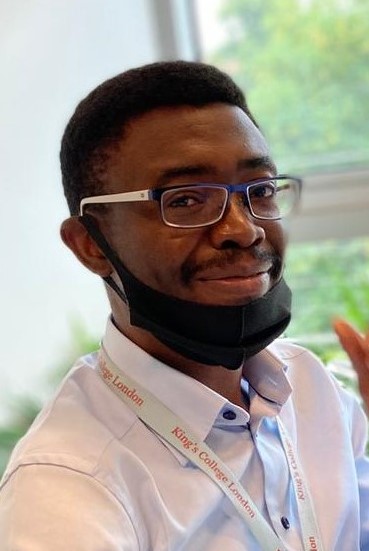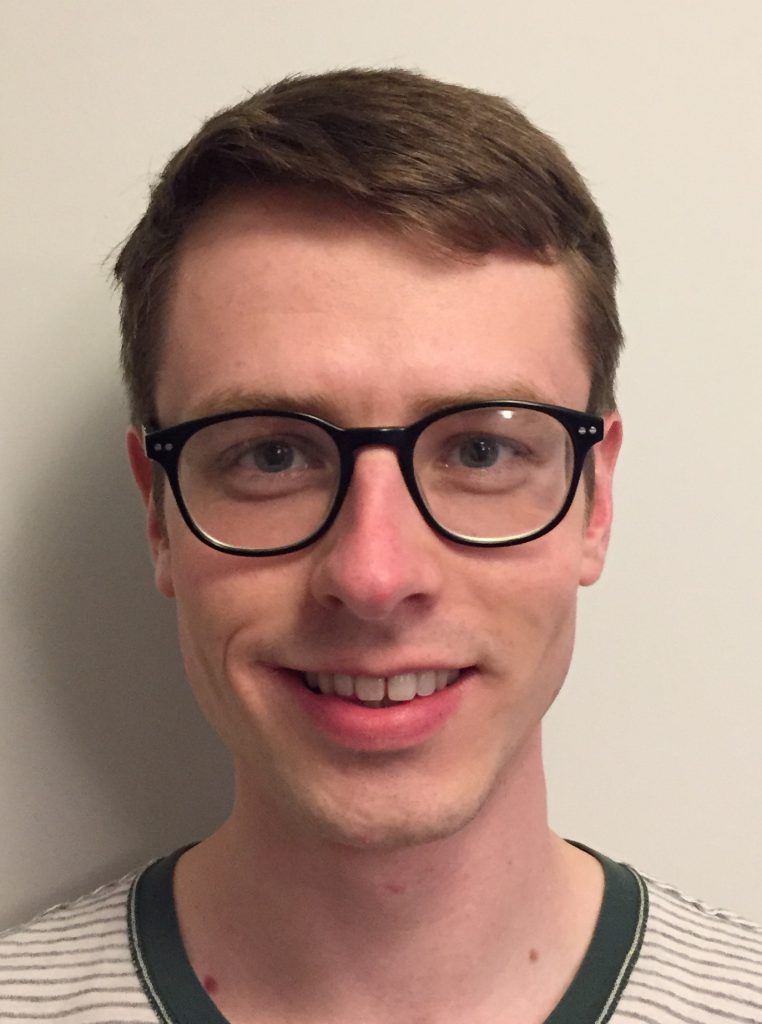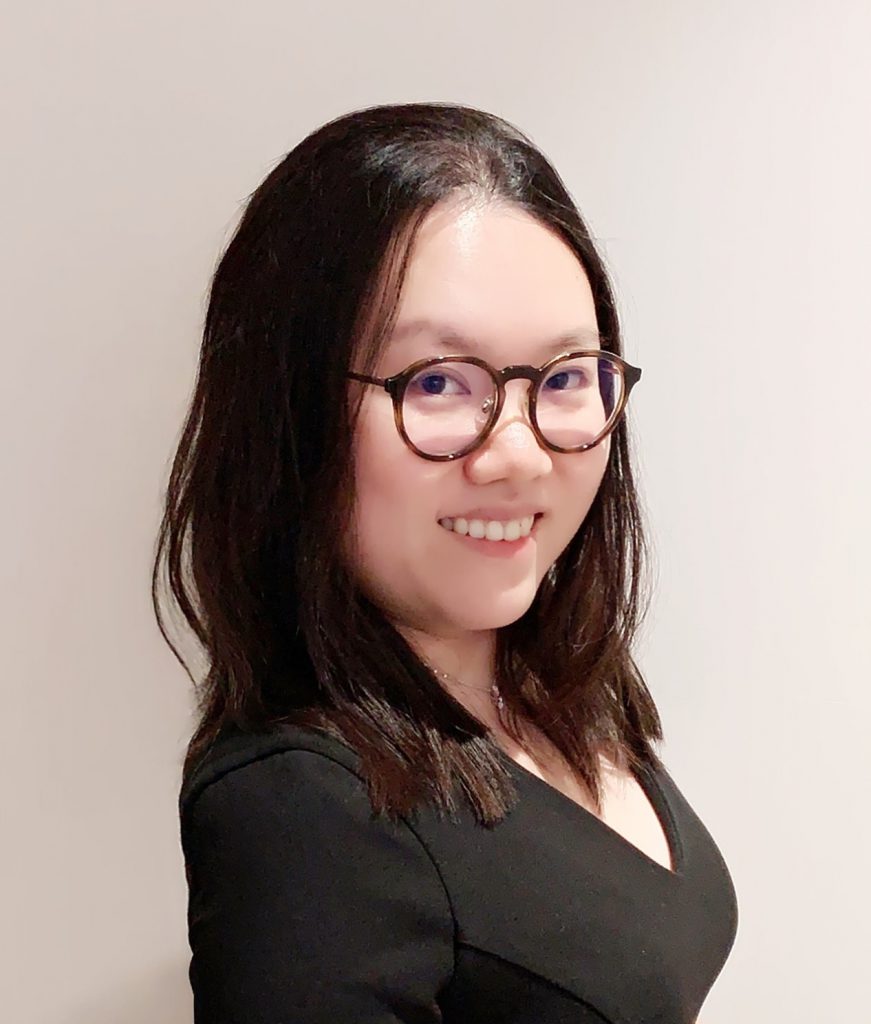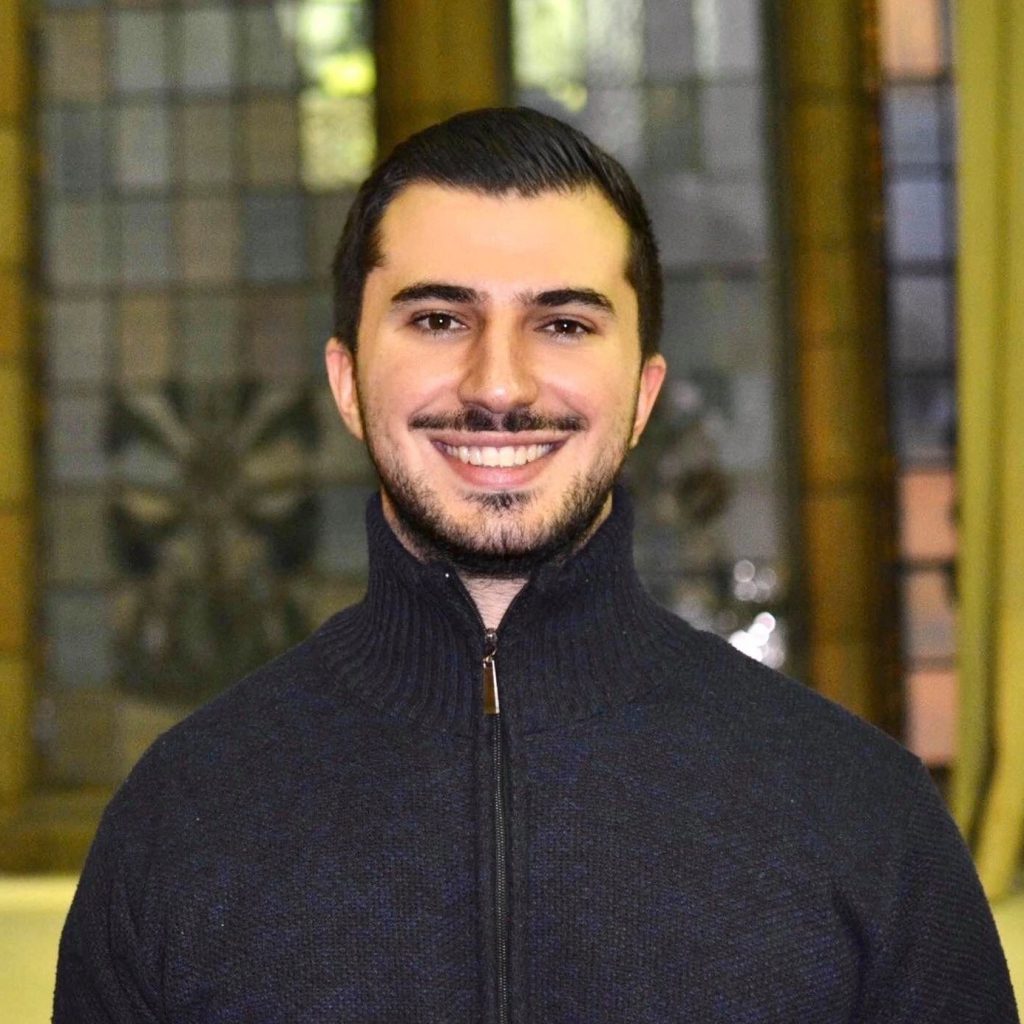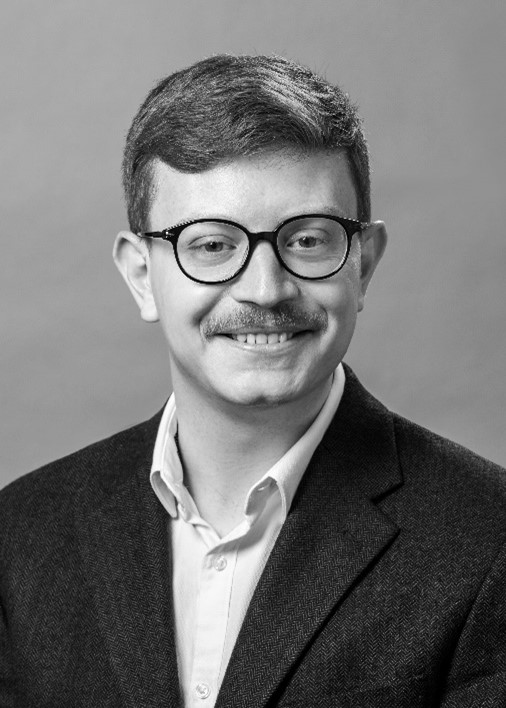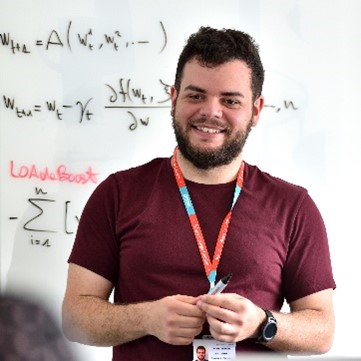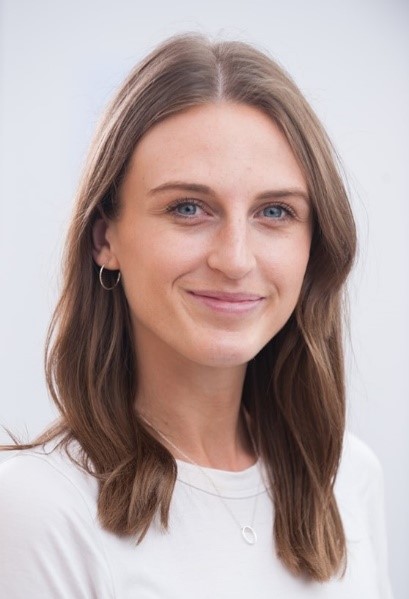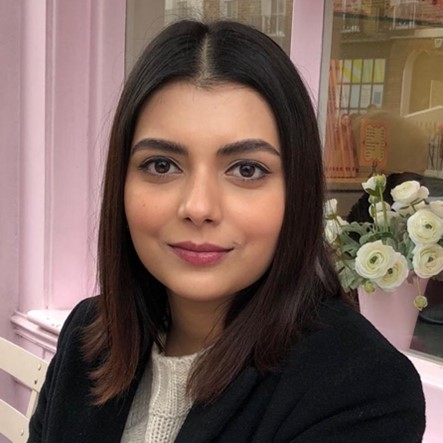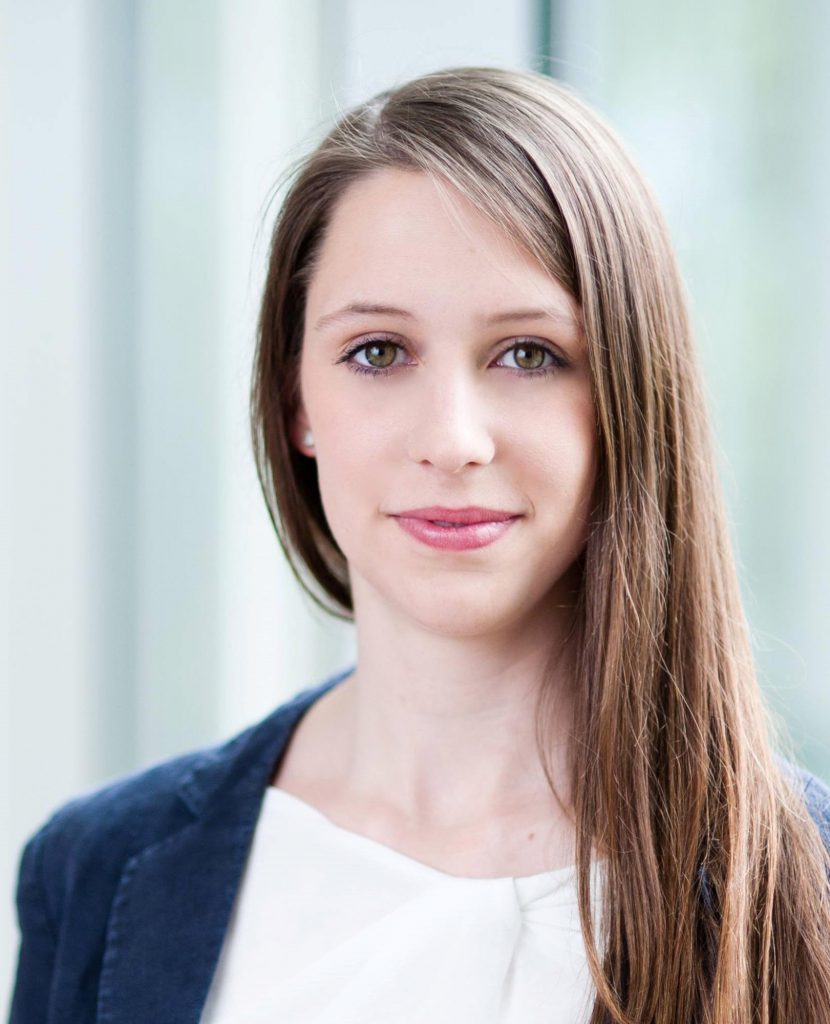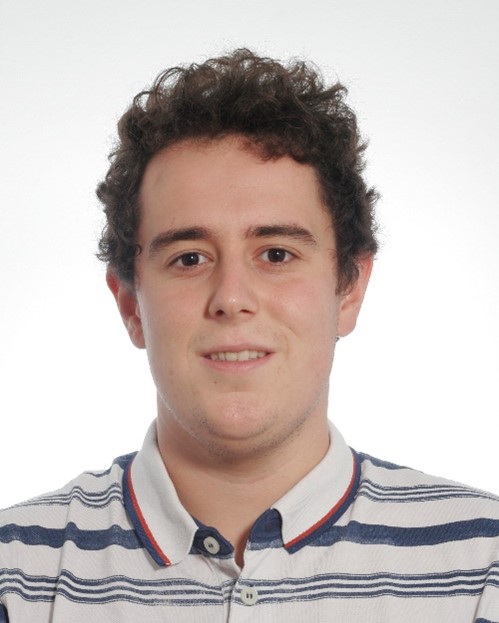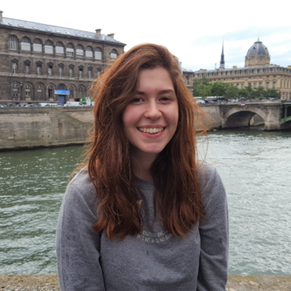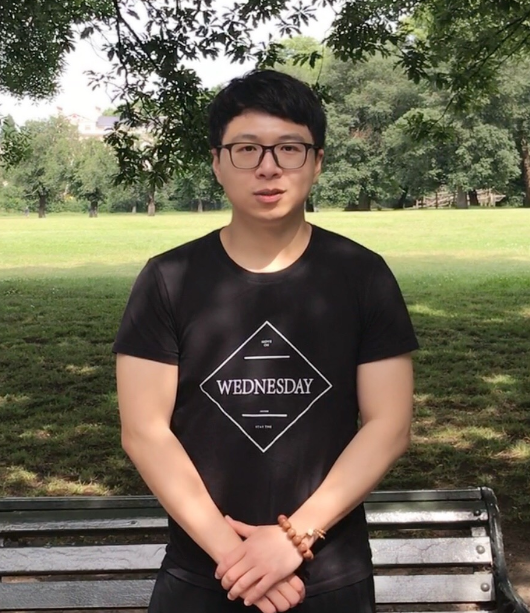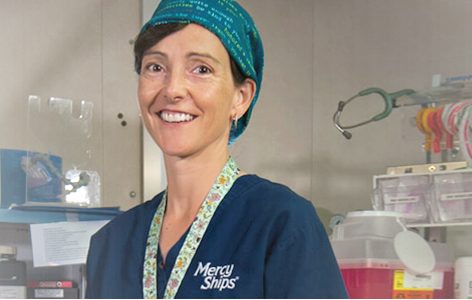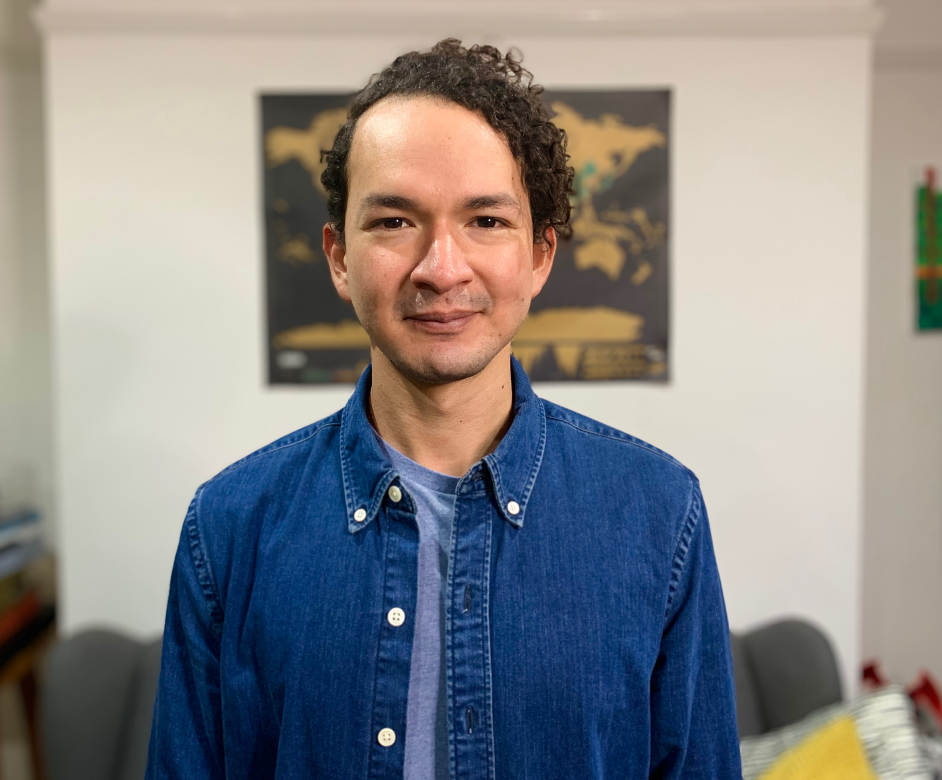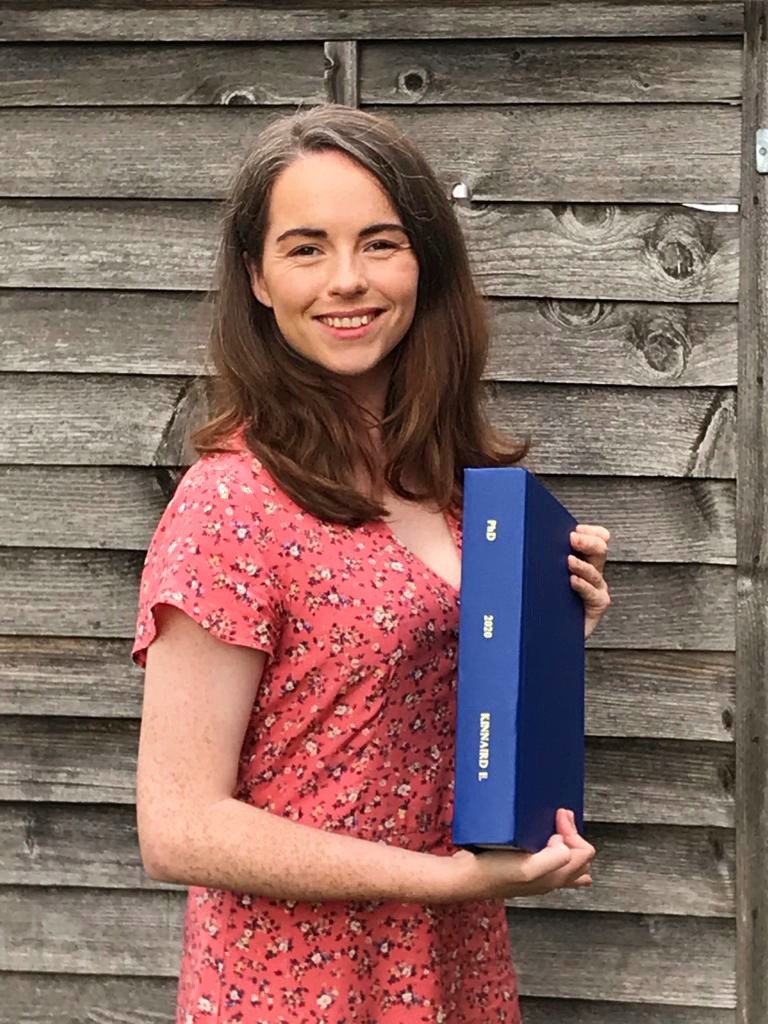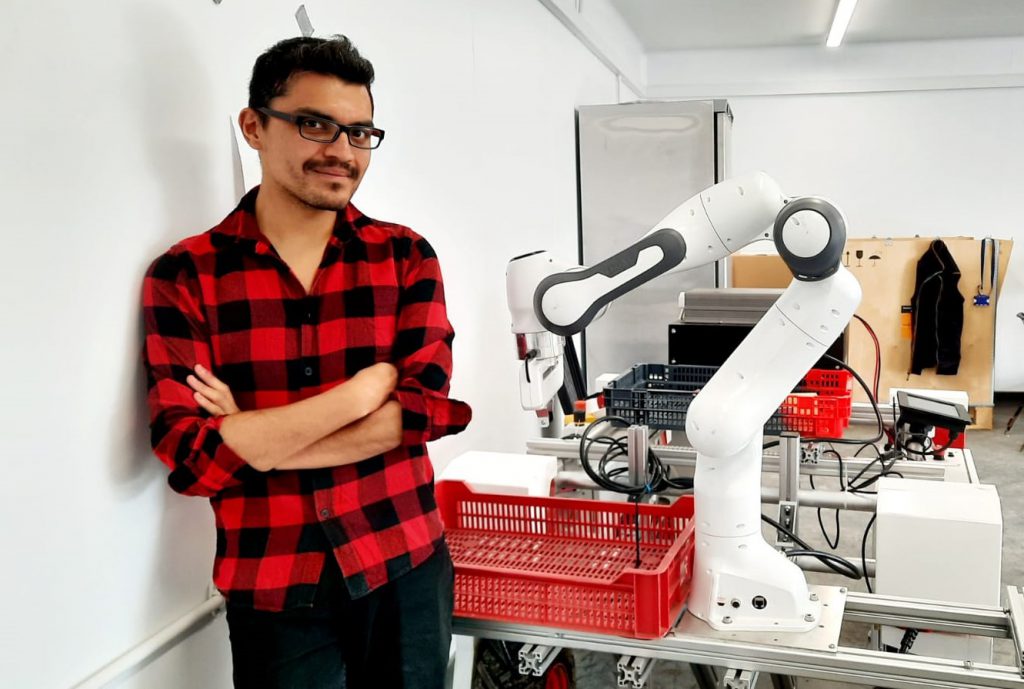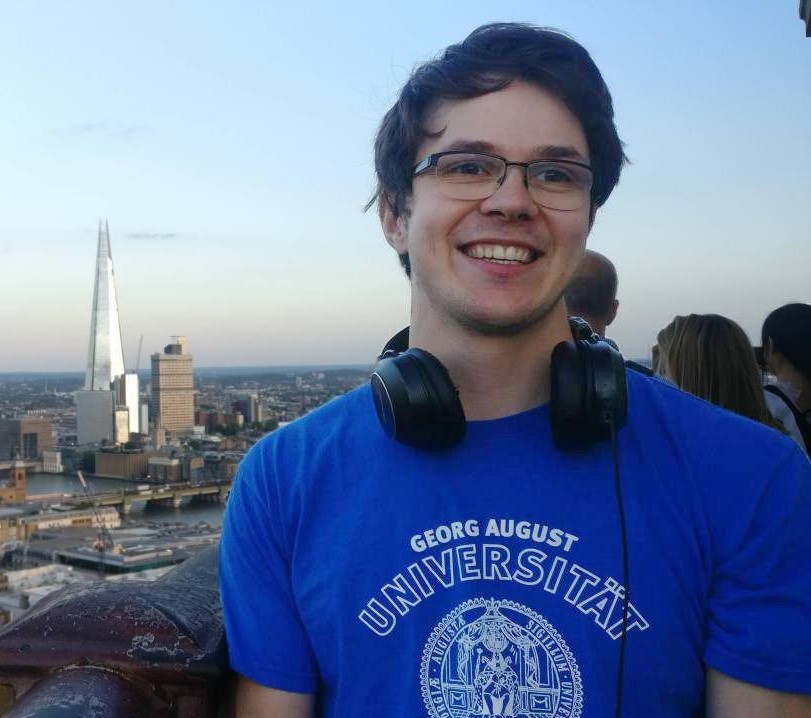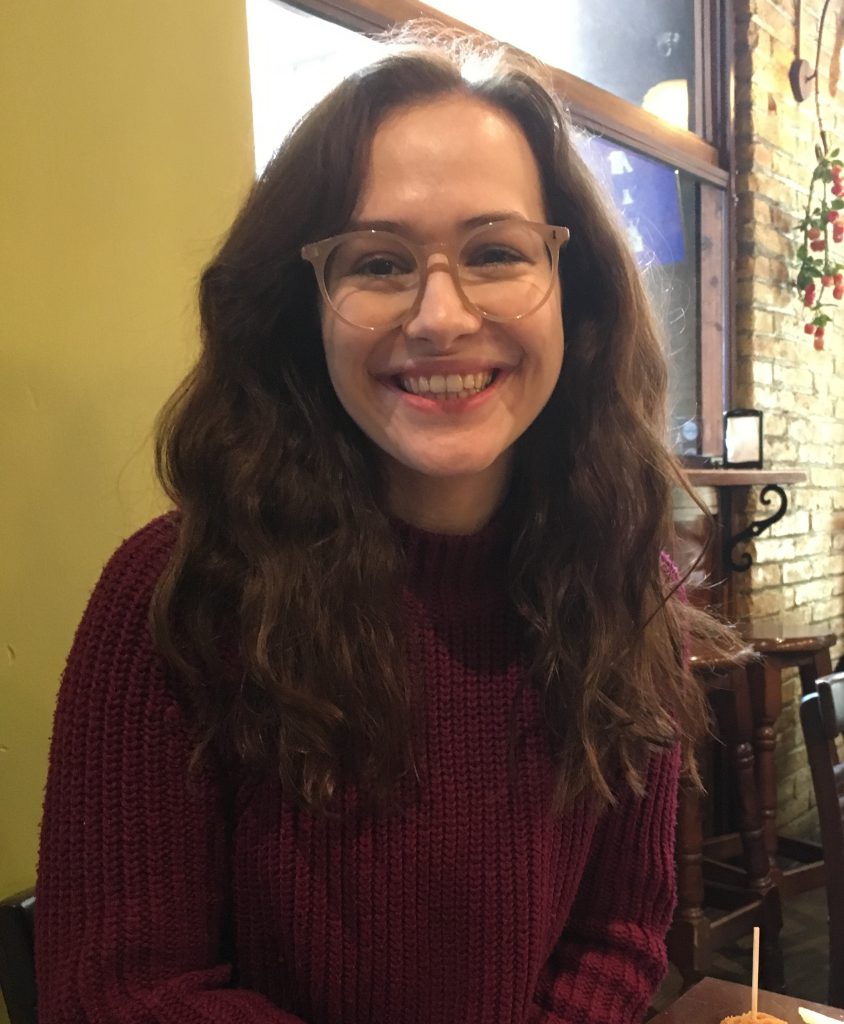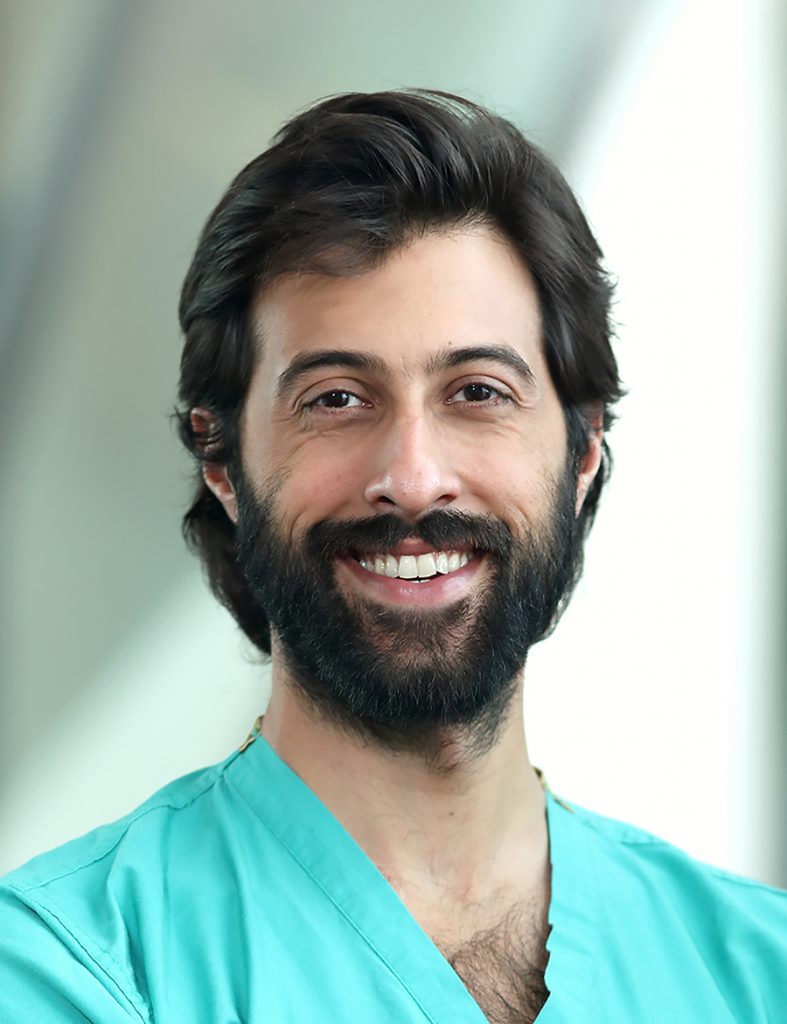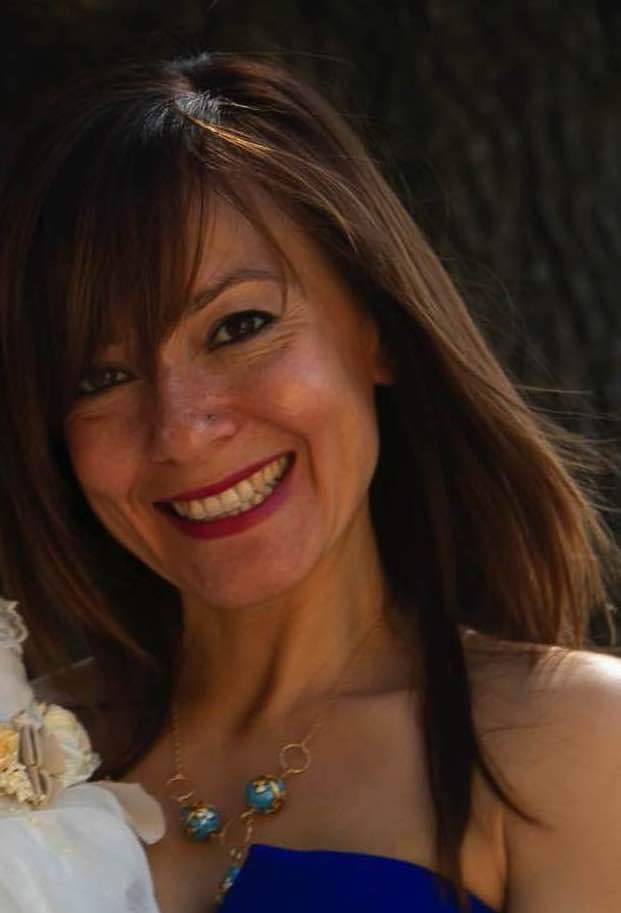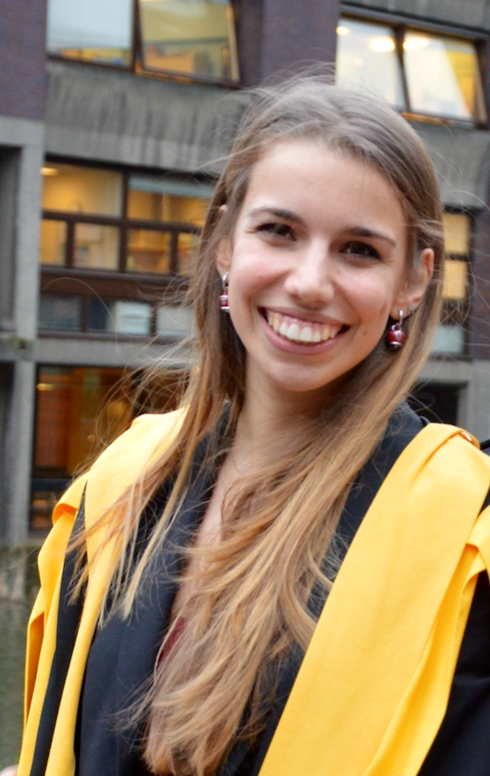Congratulations to the first round of winners of the 2122 King’s Outstanding Thesis Prize!
A limited number of awards are given across the year to celebrate truly outstanding research and theses completed by King’s doctoral students. The prizes are nominated by the external examiners and are judged by a panel consisting of the College’s Director of Research Talent and the Chair of the Research Degrees Examinations Board.
Take a look at some reflections from the 2122 winners:
Dr Rana Alkattan, Dental Materials for Operative and Restorative Dentistry
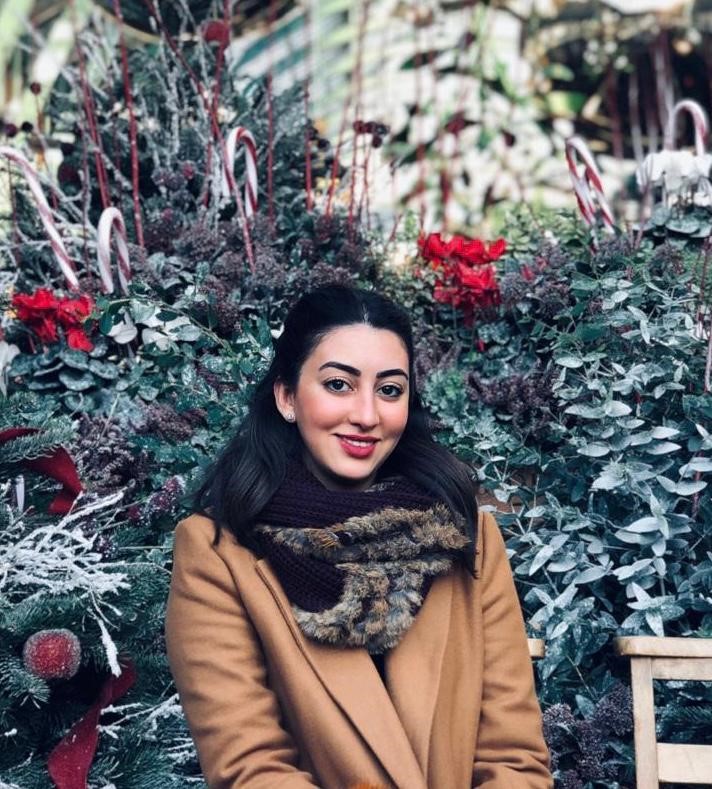 As my time as a PhD student at King’s has come to an end, I look back at it as a period of growth, learning, and opportunities. My experience, although it had its ups and downs, was truly a positive and rewarding adventure. For this, I must thank my supervisors, family and friends who were with me every step of the way. I am honoured to have been recognized by King’s for my work, and am very grateful for all the time I spent here and all that I have learned.
As my time as a PhD student at King’s has come to an end, I look back at it as a period of growth, learning, and opportunities. My experience, although it had its ups and downs, was truly a positive and rewarding adventure. For this, I must thank my supervisors, family and friends who were with me every step of the way. I am honoured to have been recognized by King’s for my work, and am very grateful for all the time I spent here and all that I have learned.
Dr Olakunle Oginni, Behavioural Genetics
I really enjoyed learning about twin models and applying this knowledge to understand the health disparities among lesbian, gay and bisexual individuals compared to those who are heterosexual. I am very grateful to my supervisors – Prof. Frühling Rijsdijk (who was the overall winner of the 2020/21 Supervisory Excellence Award) and Dr. Patrick Jern (of the Abo Akademi University, Finland); the SGDP community, my family and friends, and the UK Commonwealth Scholarship Commission. Since completing my PhD, I have continued work as a lecturer and honorary consultant psychiatrist at the Obafemi Awolowo University in Nigeria; and I am a part-time postdoctoral research associate at Prof. Thalia Eley’s EDIT Lab at the SGDP Centre.
Dr Julia Burrill, Molecular Biology
I’m very grateful to receive this award and must, of course, thank my supervisors, Dr. Nunzianda Frascione and Dr. Barbara Daniel. Doing a PhD can be a real roller coaster and I’m so glad the rest of the gang in King’s Forensics was along for the ride. For those of you en route to submission, keep it up! Everyone thinks of chucking it in at some point, but it helped me to keep reminding myself of why I was passionate about the work in the first place. And remember to take breaks, whether it is going for a run or to the pub. My passion for the topic has now led me back to the U.S. to do a postdoc in Forensic Science Communication in the Courtroom at Stony Brook University, but I will always remember my time in London and at King’s with great fondness.
Dr Giles Masters, Musicology
It was a lovely surprise to be awarded this prize! I am, of course, very delighted and honoured. There are so many people I could thank, but I’ll just mention two. First, I’m very grateful to everyone at the Music Department at KCL – a truly vibrant community of intellectual and artistic endeavour – and especially my dedicated and brilliant supervisor Heather Wiebe. Second, I’d like to express my love and appreciation for my wonderful friend Clara Benjamin, who died last year.
Dr Laura Knopfel, Law
It is an honour to win this outstanding thesis prize in law for a socio-legal project. I thus read the award as an appreciation and encouragement for interdisciplinary and empirical research in legal scholarship. My thanks go to my supervisors Prof. Peer Zumbansen and Prof. Davina Cooper as well as the Law Department, in particular Dr. Eva Pils, the department’s former Director of Doctoral Studies, who gave me the freedom and possibility to pursue my research and supported me throughout the PhD journey at KCL.
Dr Harriet Cook, Spanish, Portuguese and Latin American Studies
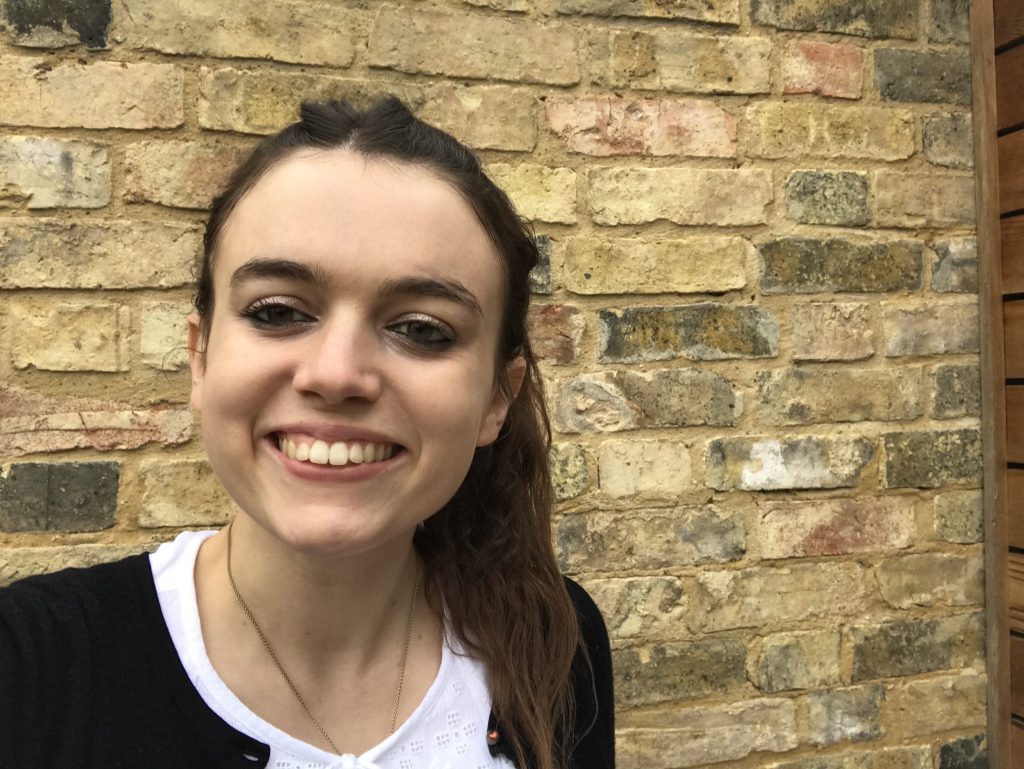 I’m incredibly grateful to have been nominated for this award and it feels exciting to be able to share a few very public ‘thank you’ notes in this blog post. Firstly, to my supervisor Julian Weiss who has continuously supported me and shared in any and all of my cantiga-related excitement. Secondly, to my examiners whose kindness and encouragement during my viva meant so much to me. Thirdly, to my friends and colleagues in medieval studies at King’s and the Department of Spanish, Portuguese and Latin American Studies, all of whom I really look up to. Finally, thank you to the medieval troubadours I care so much about and who I hope know the relevance their poetry continues to have today. Roll on more cantiga moments for me and the world at large! And to PhD candidates nearing completion, I wish you all a lot of luck as you complete your projects and decide what you’d like to do next – I send my admiration your way!
I’m incredibly grateful to have been nominated for this award and it feels exciting to be able to share a few very public ‘thank you’ notes in this blog post. Firstly, to my supervisor Julian Weiss who has continuously supported me and shared in any and all of my cantiga-related excitement. Secondly, to my examiners whose kindness and encouragement during my viva meant so much to me. Thirdly, to my friends and colleagues in medieval studies at King’s and the Department of Spanish, Portuguese and Latin American Studies, all of whom I really look up to. Finally, thank you to the medieval troubadours I care so much about and who I hope know the relevance their poetry continues to have today. Roll on more cantiga moments for me and the world at large! And to PhD candidates nearing completion, I wish you all a lot of luck as you complete your projects and decide what you’d like to do next – I send my admiration your way!
Dr Sophie Carruthers, Psychology
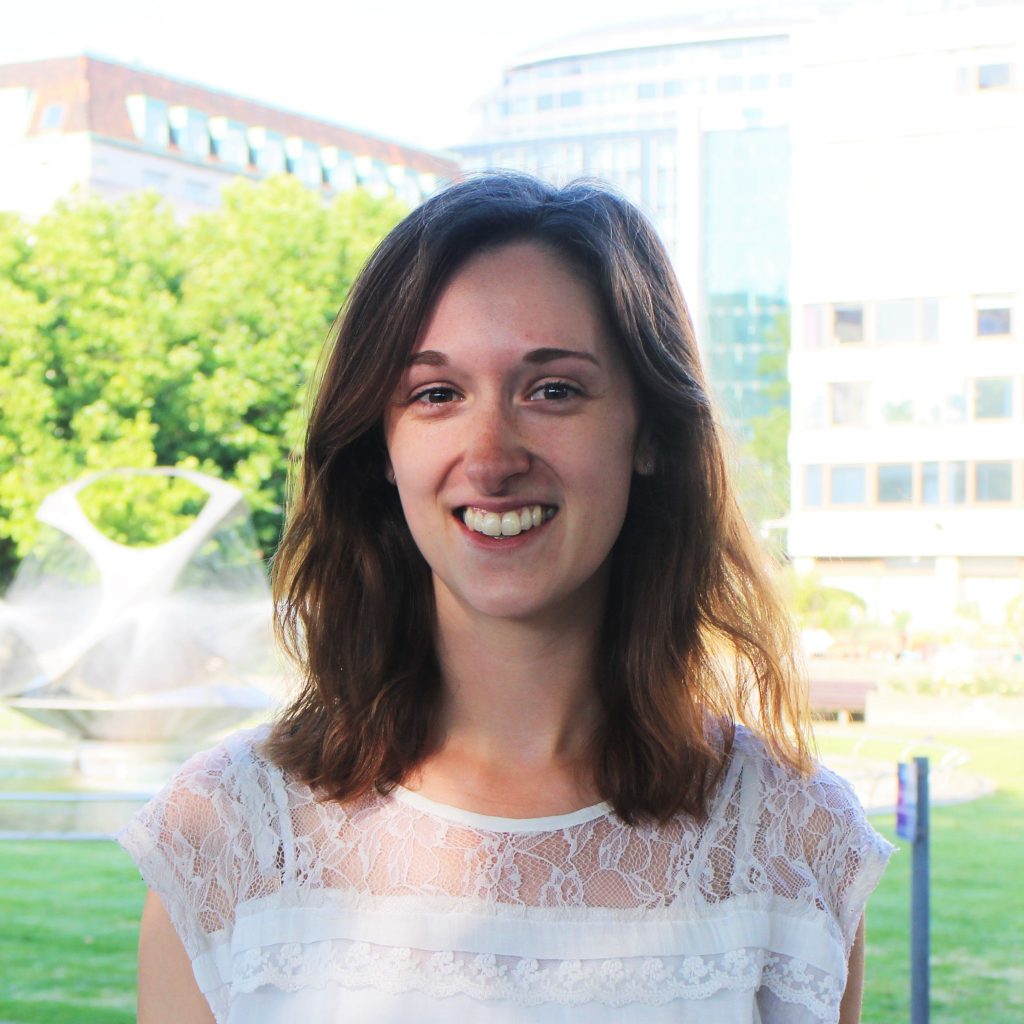 I was very fortunate to complete my PhD under the supervision of Professors Tony Charman and Andrew Pickles, who generously invested in my learning and development, ensuring it was a wonderful experience. A special mention to the PACT-G Consortium and all the families who participated in the research for their contributions.
I was very fortunate to complete my PhD under the supervision of Professors Tony Charman and Andrew Pickles, who generously invested in my learning and development, ensuring it was a wonderful experience. A special mention to the PACT-G Consortium and all the families who participated in the research for their contributions.
Dr Ana Caetano, Stem Cells and Regenerative Medicine
 I feel incredibly honoured to have been awarded the King’s Outstanding Thesis Prize. I am most grateful to my supervisor, Professor Paul Sharpe, for his intellectual guidance, relentless support, and for introducing me to the joy of being a scientist. Also, heartfelt thanks to my secondary and clinical supervisors, Dr Ana Angelova Volponi and Dr Veronica Booth. Thank you, too, to my external supervisor, Dr Eleanor D’Agostino, for her generous support; this work was jointly funded by the BBSRC and Unilever. Finally, I am deeply grateful to all my lab members and colleagues at the Centre for Craniofacial and Regenerative Biology, who made my time at King’s so memorable.
I feel incredibly honoured to have been awarded the King’s Outstanding Thesis Prize. I am most grateful to my supervisor, Professor Paul Sharpe, for his intellectual guidance, relentless support, and for introducing me to the joy of being a scientist. Also, heartfelt thanks to my secondary and clinical supervisors, Dr Ana Angelova Volponi and Dr Veronica Booth. Thank you, too, to my external supervisor, Dr Eleanor D’Agostino, for her generous support; this work was jointly funded by the BBSRC and Unilever. Finally, I am deeply grateful to all my lab members and colleagues at the Centre for Craniofacial and Regenerative Biology, who made my time at King’s so memorable.
Dr Sarah McAllister, Health Services Research
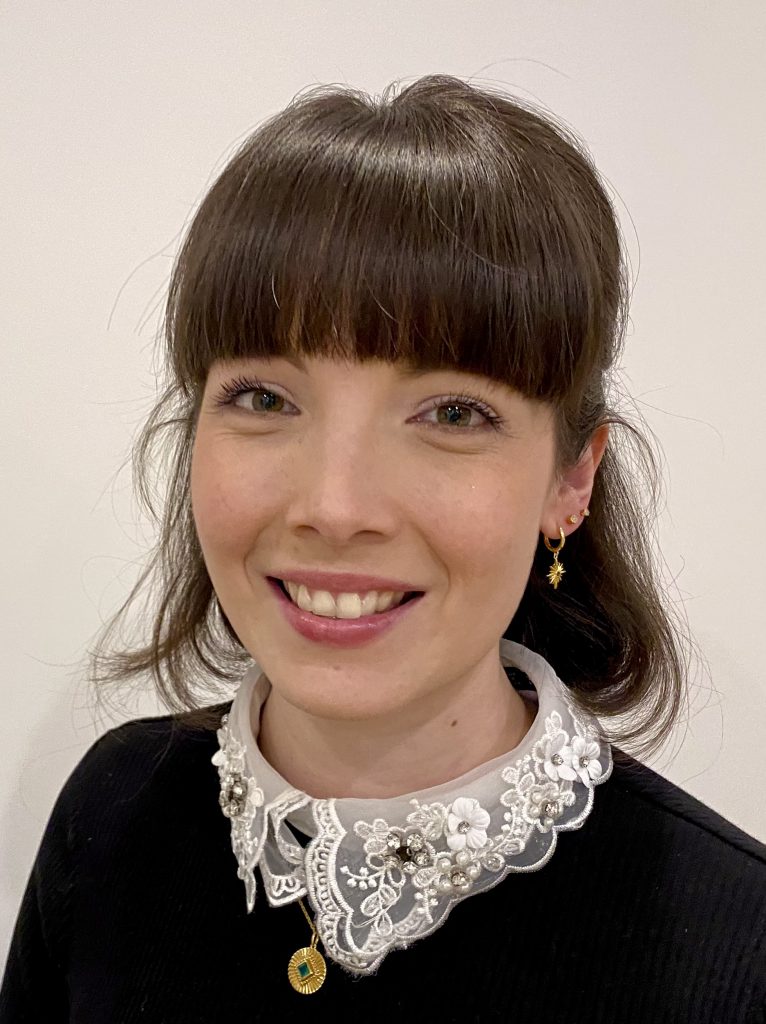 It was such a surprise and honour to be awarded a King’s College Outstanding Thesis prize! My heartfelt thanks go out to my supervisors Professor Glenn Robert, Professor Alan Simpson and Dr Vicki Tsianakas for all their support over the years. Also, to the National Insititute for Health & Care Research for the incredibly generous research and training budget. My favourite part of my PhD was getting to work alongside so many inspirational service users, carers and clinicians. The work would not have been what it was without them. My three wisest words of wisdom for completing a PhD: listen to those who use and deliver your services, always have a notebook handy to write down thoughts and ideas (they come at the strangest times) and make sure you make time for yourself to relax, sleep and eat.
It was such a surprise and honour to be awarded a King’s College Outstanding Thesis prize! My heartfelt thanks go out to my supervisors Professor Glenn Robert, Professor Alan Simpson and Dr Vicki Tsianakas for all their support over the years. Also, to the National Insititute for Health & Care Research for the incredibly generous research and training budget. My favourite part of my PhD was getting to work alongside so many inspirational service users, carers and clinicians. The work would not have been what it was without them. My three wisest words of wisdom for completing a PhD: listen to those who use and deliver your services, always have a notebook handy to write down thoughts and ideas (they come at the strangest times) and make sure you make time for yourself to relax, sleep and eat.
Full list of winners from the first round of the 2122 King’s Outstanding Thesis Prize:
| Dr Giles Masters | Musicology, A&H |
| Dr Harriet Cook | Spanish, Portuguese and Latin American Studies, A&H |
| Dr Rafael Lubner | English Literature, A&H |
| Dr Rana Alkattan | Dental Materials for Operative and Restorative Dentistry, FoDOC |
| Dr Ana Caetano | Stem Cells and Regenerative Medicine, FoDOC |
| Dr Sophie Carruthers | Psychology, IoPPN |
| Dr Olakunle Oginni | Behavioural Genetics, IoPPN |
| Dr Matteo Montecchi | Management Research (Marketing), KBS |
| Dr Alison McFarland | Management, KBS |
| Dr Laura Knopfel | Law, DPSoL |
| Dr John Whitaker | Global Health Research, FoLSM |
| Dr Julia Burrill | Molecular Biology, FoLSM |
| Dr Natasha Hezelgrave-Elliot | Obstetrics and Gynaecology, FoLSM |
| Dr Edward Baker | Nursing Research, NMPC |
| Dr Sarah McAllister | Health Services Research, NMPC |
| Dr Malte Probst | Theoretical Physics, NMES |
| Dr Ecaterina Burevschi | Chemistry, NMES |
| Dr Duncan Wane | Middle Eastern Studies, SSPP |
| Dr Eduardo Ortiz Juarez | Development Economics, SSPP |
To see the list of previous winners, please visit our website.

